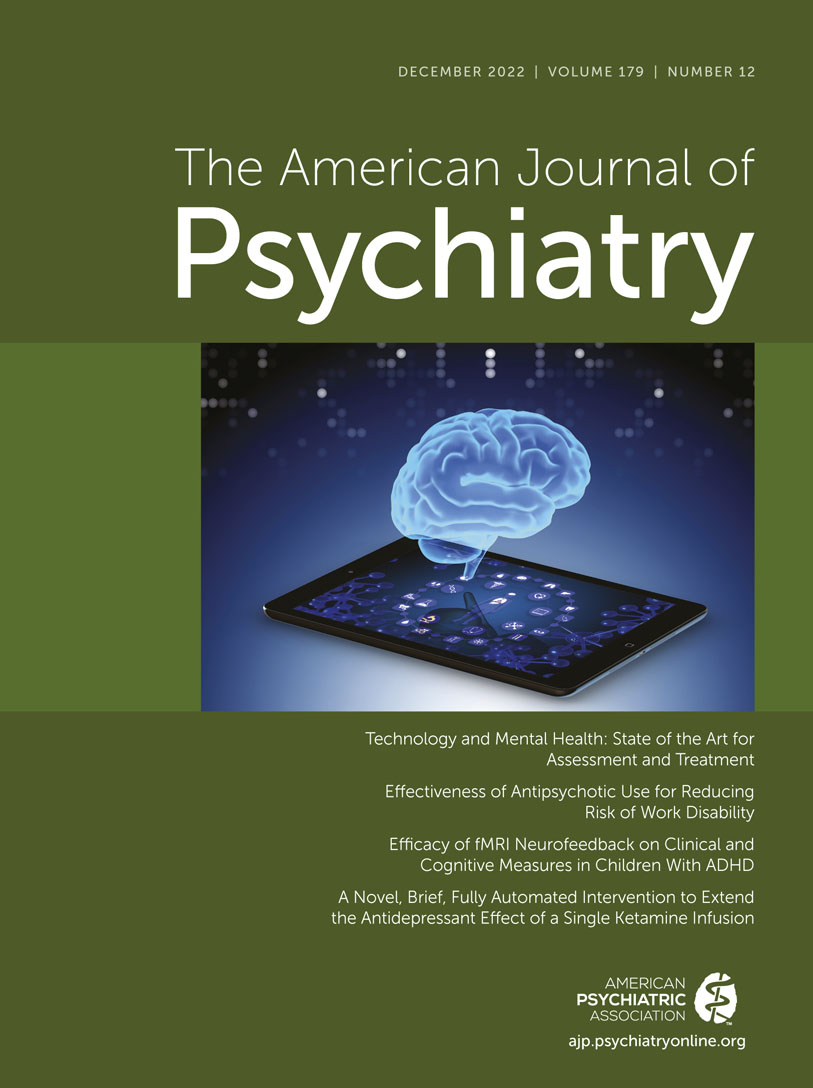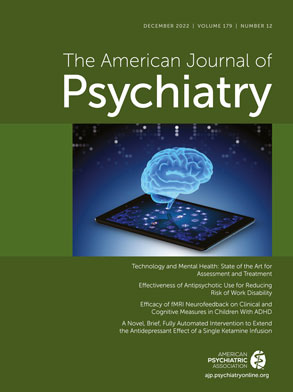In the first edition of the Diagnostic and Statistical Manual of Mental Disorders (DSM), published in 1952, homosexuality was classified under “sociopathic personality disturbance.” The last 70 years have brought psychiatry a long way, but it is only in the most recent version of the DSM that the last pieces of evidence of pathologizing homosexuality were removed. Sixty years of work by gay rights activists, psychiatrists, psychologists, and leaders in the mental health community have shaped our current views about individuals from sexual minority communities and the care that they receive. This article examines the progression of classification of homosexuality in various editions of the DSM, factors influencing this progression, and implications for sexual and other minority communities.
ALSO IN THIS ISSUE
Moving Forward and Supporting Each Other
Danielle W. Lowe, M.D., Ph.D.
Special Section: Minority Mental Health and Diversity
Fiona D. Fonseca, M.B., B.Ch., B.A.O., M.S.
It’s On Us: (Re)gaining the Trust of Transgender Patients
Allegra Condiotte, M.D., M.H.A.
Coping With a Coronavirus-Related Stillbirth
Marlee Madora, M.D.
Bipolar Disorder in Patients With Tuberous Sclerosis Complex: Causation or Correlation?
Haseeb A. Akuly, D.O., Andrea Boyer, M.D., Alex Percle, B.S., Benjamin Talley, M.S., Hamza Mohammad-Amin, M.D.
Seeing Through the Eyes of Another: A Brief Review of the 2020 Film “The Father”
Johnathan Wu, M.D.

